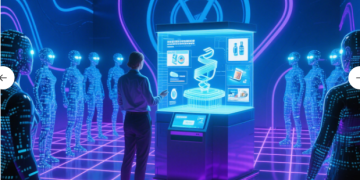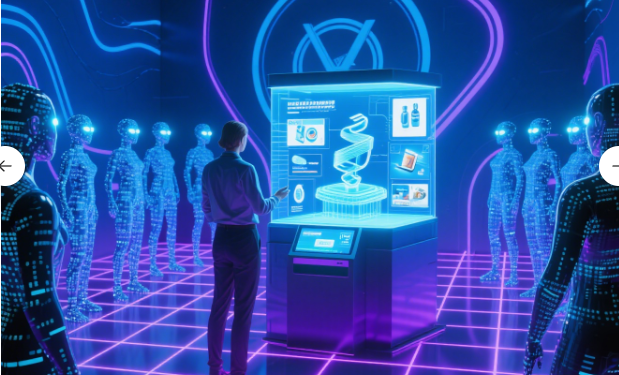The digital marketing landscape is undergoing a profound transformation, driven by the advent of Web3 technologies. As businesses strive to stay ahead, understanding and implementing effective Web3 marketing strategies has become paramount. This article delves into the essence of Virtual Web3 Marketing, its significance, and how businesses can leverage it to enhance their digital presence.
Understanding Virtual Web3 Marketing
Virtual Web3 Marketing refers to the integration of decentralized technologies, such as blockchain, into digital marketing strategies. Unlike traditional Web2 marketing, which relies heavily on centralized platforms, Web3 marketing emphasizes user control, transparency, and direct engagement. This paradigm shift allows brands to build more authentic relationships with their audiences.
The Rise of Web3 Technologies
The global Web3 market is experiencing exponential growth. In 2023, the market was valued at approximately $2.25 billion and is projected to reach $87.09 billion by 2030, growing at a CAGR of 35.4% . This surge is attributed to the increasing adoption of blockchain technologies and the demand for decentralized applications.
Key Components of Virtual Web3 Marketing
- Decentralized Platforms: Utilizing platforms that operate on blockchain technology ensures transparency and reduces reliance on centralized entities.
- Tokenization: Brands can issue their own tokens to incentivize user engagement and loyalty.
- Smart Contracts: Automating agreements through smart contracts enhances efficiency and trust in transactions.
- NFTs (Non-Fungible Tokens): Offering unique digital assets allows brands to create exclusive experiences for their audience.
- Community Engagement: Building communities on decentralized platforms fosters deeper connections with users.

Benefits of Adopting Web3 Marketing Strategies
- Enhanced Transparency: Blockchain’s immutable nature ensures that all transactions are transparent and verifiable.
- Increased User Control: Users have greater control over their data and interactions with brands.
- Improved Customer Loyalty: Token-based incentives and exclusive NFTs can boost customer retention.
- Broader Reach: Decentralized platforms often have global reach, allowing brands to tap into new markets.
Challenges and Considerations
While the potential benefits are substantial, businesses must navigate several challenges:
- Technical Complexity: Implementing Web3 technologies requires specialized knowledge and resources.
- Regulatory Uncertainty: The evolving regulatory landscape for blockchain technologies can pose risks.
- User Education: Educating users about Web3 concepts and tools is essential for widespread adoption.
Future Outlook
The future of digital marketing lies in the seamless integration of Web3 technologies. As businesses continue to explore and adopt these innovations, the focus will shift towards creating more personalized, transparent, and user-centric marketing strategies.
In conclusion, Virtual Web3 Marketing represents a significant evolution in how brands engage with their audiences. By embracing decentralized technologies, businesses can build more authentic relationships and stay ahead in the competitive digital landscape.
About the Author
Alex Morgan is a seasoned digital marketing strategist with over a decade of experience in the tech industry. Specializing in blockchain technologies and decentralized platforms, Alex has helped numerous startups and established brands navigate the complexities of Web3 marketing. Passionate about innovation, Alex continues to explore the intersection of technology and marketing to drive impactful digital experiences.



























